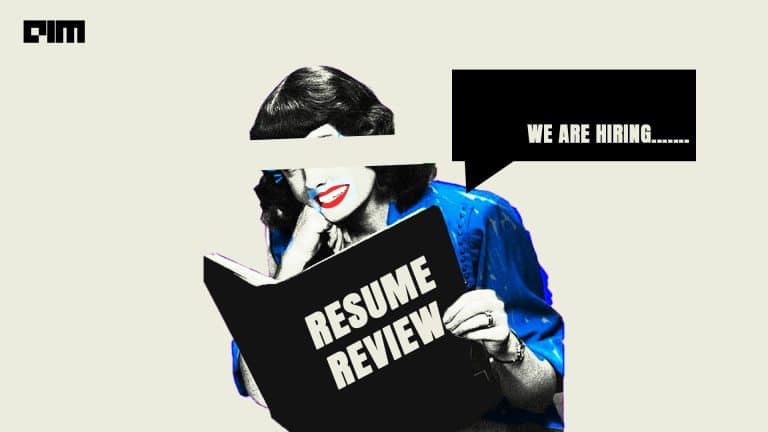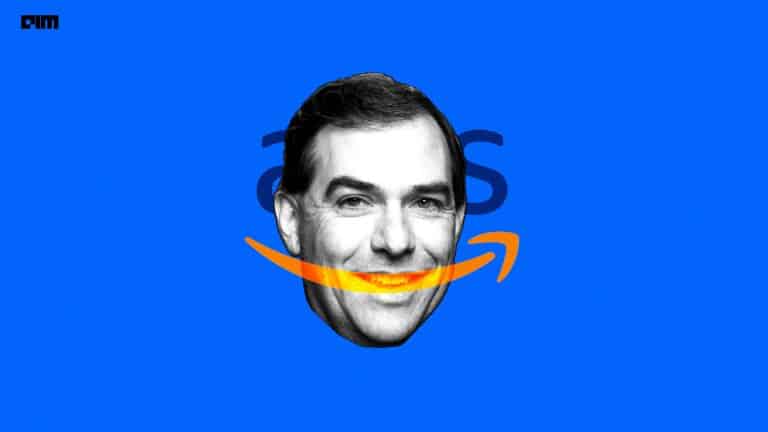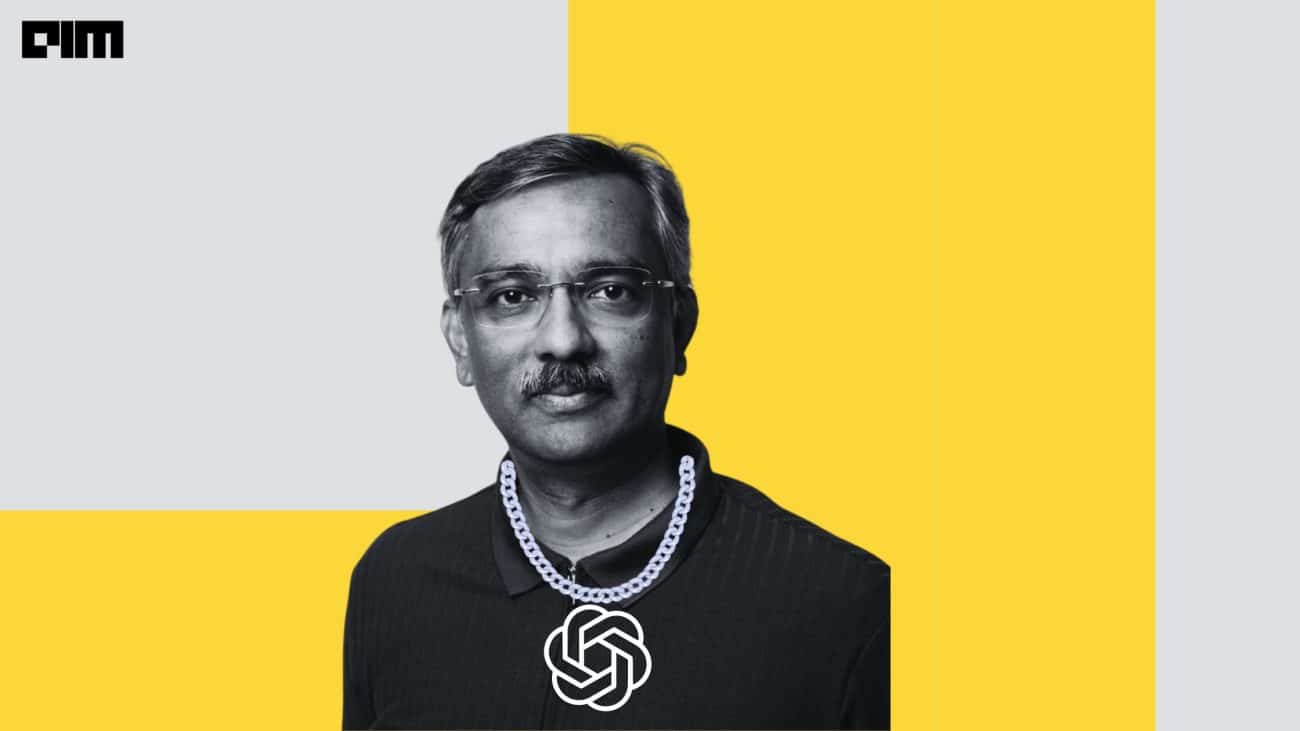Data privacy watchdogs from Europe to the United States have been trying to drag OpenAI, the company behind ChatGPT, to court since it was released in November 2022.
Yesterday, the company’s lawyers hit back asking a San Francisco federal court to dismiss most of the lawsuits against the company, which allege that AI outputs infringe on copyright. OpenAI is not only struggling to live the American Dream but it seems to be having a hard time trying to woo the European Union.
While OpenAI was busy making a case for itself in front of the US court, the company got slapped with an accusation questioning its ability to comply with EU laws. The 17-page document filed with the Polish DPA is put together by Lukasz Olejnik, a security and privacy researcher, at a Warsaw-based law firm, GP Partners.
Earlier this year, Italy’s privacy watchdog, the Garante ordered OpenAI to stop processing data locally — directing it to tackle a preliminary set of issues identified regarding lawful basis, information disclosure, user controls and child safety. Eventually, ChatGPT resumed its service fairly quickly after the company tweaked its presentation.
While the Italian data processing agreement investigation continues, other slews of investigation of the General Data Protection Regulation (GDPR) have been lodged in the direction of ChatGPT. Interestingly, the GDPR is the world’s strictest data protection regime, and it has been copied widely around the world.
Earlier in April, the bloc’s data protection authorities joined hands to collectively approach regulating the fast-developing technology. The European Data Protection Board, the umbrella organisation for data protection authorities, announced plans to set up an EU-wide task force to coordinate investigations and enforcement.
Further in May, the EU’s planned legislation was one of the first to legislate on AI, which Altman said was “over-regulating”. But he backtracked after wide-spread coverage of his comments mounted. “We are excited to continue to operate here and of course have no plans to leave,” he later tweeted.
Rise of regional GPT
While the boss of OpenAI Sam Altman refuses to leave Europe, the local government and technologists are not too keen to stay dependent on Silicon Valley’s novel AI technology.
Fed up of regulating American tech goliaths from 8,000 kilometres away, the European AI circle is rooting for local startups to build their technology similar to OpenAI’s. The most recalled names in the AI community include the French startup Mistral, which has managed to raise $100 million without releasing any products. Another famous startup in the market is Aleph Alpha founded by Jonas Andrulis, a former member of the AI team at Apple. Notably, the startup already sells generative AI as a service to 10,000+ paying customers across companies and governments.
Many Europeans remain adamant that they need a contender to counteract America’s dominance, and not simply for economic reasons. The local AI community has put forth the point that European companies are likely to be more sensitive towards data privacy and discrimination than their competitors in the US. For instance, Aleph Alpha is making sure European languages are not excluded from AI developments.
Sceptical views have surfaced in the industry questioning whether the startup has the potential to compete in the same league as giants like Google and OpenAI. But many are hoping that Aleph Alpha can give tough competition to Silicon Valley in what some believe will be an era-defining technology.
While OpenAI is requesting the US courts to let go of its practices, the company remains exposed to regulatory risk in this area across the EU. The Altman-run company could face outreach from DPAs acting on complaints from European individuals. Meanwhile, confirmed violations of the GDPR can result in penalties as high as 4% of global annual turnover.
The tussle over data privacy and security issues between the bloc and the US is long overdue. The DPAs’ corrective orders may end up reworking how technologies function if they wish to continue operating inside the bloc. While the pressure is mounting on regulators as well as OpenAI, it remains to be seen what compliance conclusions may emerge once that assessment has been completed in the EU as well as globally.


































